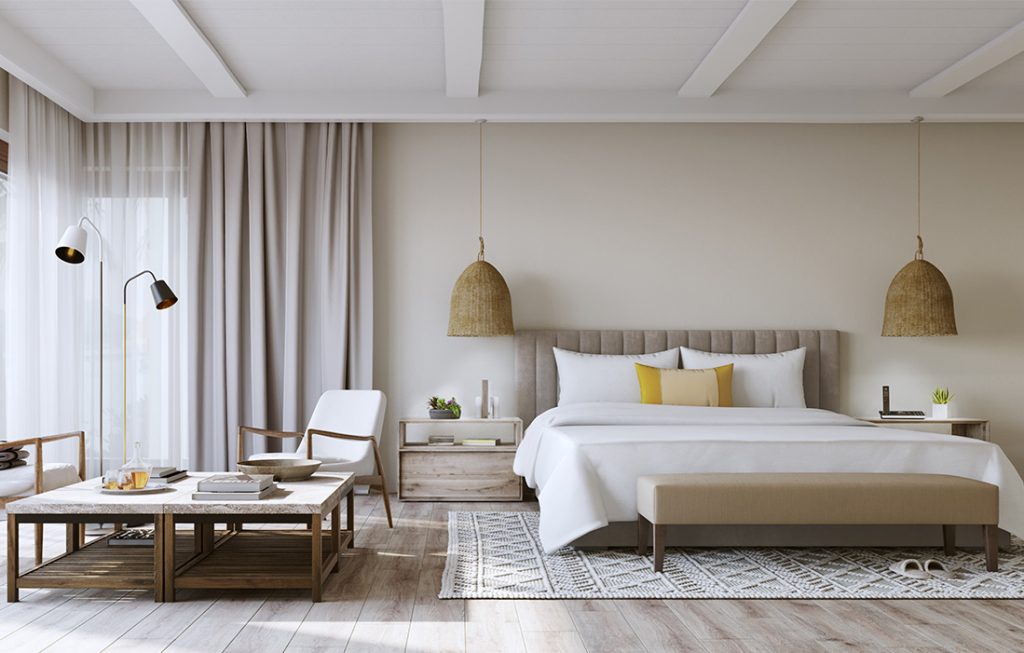 Expect more mattresses built to figure out your sweet spot every night. No joke.
Expect more mattresses built to figure out your sweet spot every night. No joke.
A major partnership between Tempur Sealy and Bryte promises more AI mattresses and products for the ever-growing high-tech mattress and sleep market.
Mattress startup Bryte has raised $20 million in new funding led by Tempur Sealy International, the company announced Wednesday.
The investment also promises a collaboration between the two companies on future products.
Bryte is known for its The Restorative Bed™ which is already in luxury hotels such as the Park Terrace Hotel in New York City–not to mention celebrities. The bed utilizes an in-the-mattress technology that gives real-time feedback to help you optimize your sleep in terms of comfort. It gauges and learns what a person needs for ideal sleep, then adjusts and applies the data to deliver. It runs on a platform of hardware, software and AI to offer quick results.
Luke Kelly, CEO of Bryte, said in a statement that he wants to make smart beds at a wide range of price points. But Bryte doesn’t see itself as much of a direct-to-consumer brand. It wants to provide its technology to mattress manufacturers. Kelly told Sleepopolis that their longer-term goal is to scale their technology to more people.
“We have some great internal people that help us from a technology standpoint. But we also don’t mind getting technology, we’ll call it outsourced technology,” Thompson said in a call, a spokesperson said.
Better Sleep Technology
Bryte’s bed features silent motion to help people fall asleep (or get back to sleep). The mattresses also have up to 90 cushions to sense and alleviate pressure spikes. It adjusts by monitoring temperature and pressure points.
Then there’s an app that analyzes the data of how you slept the night before. It then optimizes the settings based on those results for the following night. The mattresses accommodate two individuals, offering custom settings for each user.
Last year, Heka launched its pricy AI-enabled mattress. The Sleep Number 360® smart bed uses what they call SleepIQ® technology, to deploy an algorithm gauging sleep time, quality, heart and breath rates, and more sleep metrics. Then it uses those to deliver automatic adjustments. There are a few other smart beds on the market that use AI.
For many smart beds using AI, the technology can be updated so the bed continually delivers improvements (so long as the mattress has the capacity to make adjustments based on specific data).In the case of the Sleep Number 360® smart bed, the company regularly updates new features.
What’s Next for the AI-Powered Smart Bed Market
One forecast says the global smart bed market will soar from $2.99 billion in 2021 to $4.44 billion in 2028.
“I’d say the growth in mattress technology will lead the smart mattress market adoption,” said Marc Werner, who founded GhostBed. “Stats show that it is going to grow as people start to put a price tag on the value of sleep.”


























